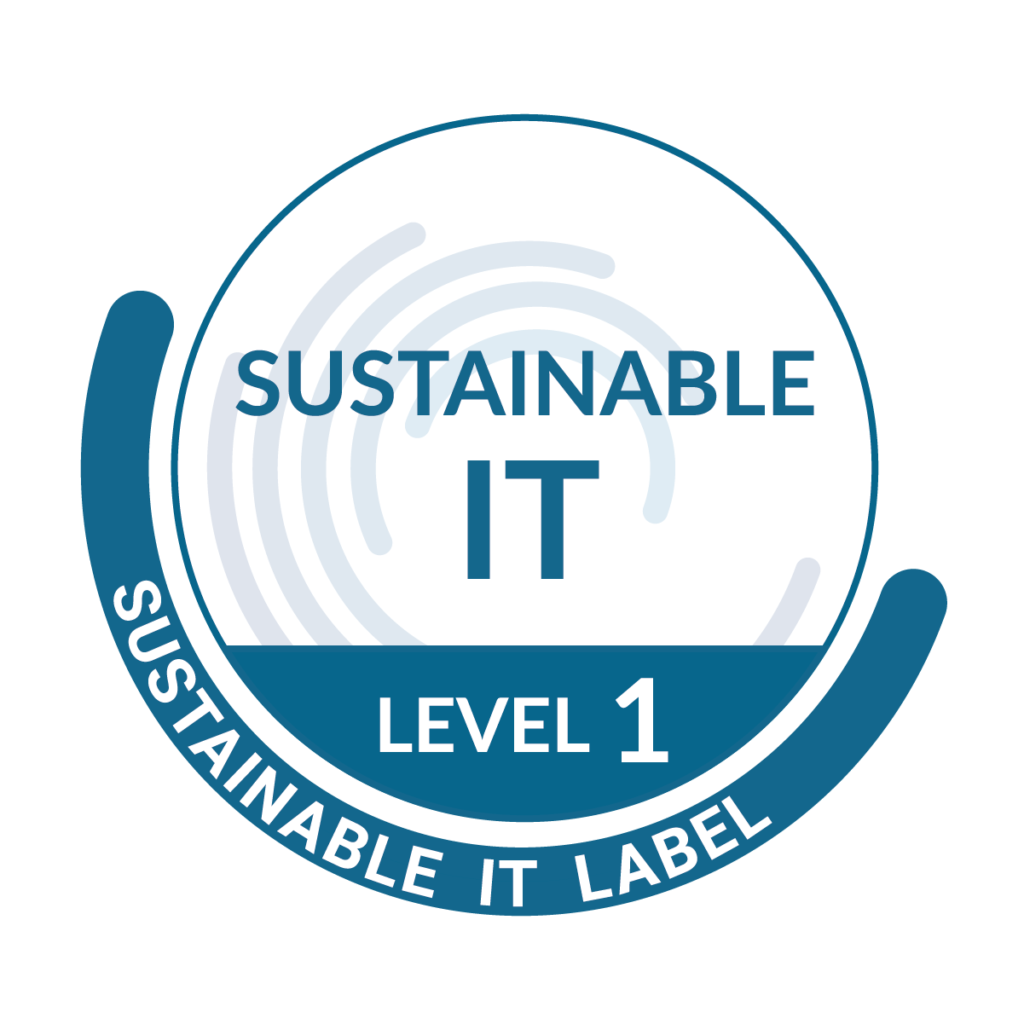
The Capgemini Research Institute indicates that, faced with disruptions in supply chains, companies will prioritize investing in supply chain and digital technologies .
According to the new report from Capgemini Research Institute , disruptions to supply chains due to the energy crisis and the increase in the cost of raw materials are becoming a major risk for 89%* of companies.
To minimize risk, 43%* of leaders want to invest more in 2023 to make their supply chain more resilient .
A supply chain diversification strategy is considered a priority, such as:
39%* of companies will strengthen their investment in technologies to support their transformation strategy in order to gain agility , transparency and visibility in the supply chain. The goal is to reduce costs and rely on data management to make decisions more quickly.
And nearly 50%* will strengthen their cybersecurity to protect their information systems and limit the risk to their activity.
A survey conducted by McKinsey & Company shows that more than 90%** of managers who had a digitalized supply chain during the Covid19 crisis were able to maintain their activity and deal with the problems encountered.
Digitalization, particularly data management, will help companies become more productive , flexible and agile in the face of uncertainties, for example by reducing stocks and costs of goods sold by 30%**, by reducing the cost of product quality. 50%** and improving cash flow and productivity by 30%**.
McKinsey & Company indicates that digitalization in industry helps boost eco -efficiency in supply chains. Supply chain digitalization tools are particularly effective when they support a company's overall strategic approach.
For example: service levels are 10 to 20%** higher, transportation costs are 10 to 15%** lower, customer delivery penalties are 40 to 50%** lower, planners are 10 to 20%** more productive.
e-SCM cloud solution , dedicated to the fashion & luxury sector, offers global end-to-end visibility of the supply chain. It makes it possible to anticipate risks as early as possible and to avoid or correct them with more reactivity.
e-SCM offers to work in collaboration with all suppliers and partners in the chain, by promoting discussions on order adjustments, monitoring of production milestones, organization of shipments/receipt in the warehouse, etc. The platform meets the needs procurement managers who wish to anticipate shortages, compensate for production hazards and reduce the risk of “supplier” disputes with a 360° vision of the process.
According to the Capgemini Research Institute , faced with economic constraints, more than half of companies are less inclined to invest more in sustainable development and only 33%* wish to do so. This study announces that less than a third will be able to meet their objectives in this area.
However, it has been shown that companies which have favored responsible approaches have more efficient than others.
The digitalization of the supply chain guarantees efficient supply of raw materials to production lines. This system makes it possible to rationalize supplies to produce as close as possible to sales.
With the e-SCM solution, procurement, production and distribution are digitalized and optimized so that they can respond agilely and flexibly to business needs, moving towards streamlined production that meets current regulatory requirements.

This agility goes in the direction of shortening lead times and limiting stocks which will allow the brand to make significant gains (reduced costs, shortened time to market, increased profitability).
Limiting unsold items also helps with recycling and upcycling issues.
e-SCM supports the implementation of this new model which tends towards more responsible and more sustainable production for brands.
In addition, e-SCM offers a Supply Chain traceability solution making it possible to optimize the management of increasingly fragmented supply chains but also to collect all the information on the manufacturing cycle of the finished product to return it to the final consumer.
Strengthening the traceability of operations with e-SCM thus allows the collection at source and in real time of reliable and verified data internally and from suppliers: Origin and composition of materials, controls in factories, energy consumption, transport, etc. All strategic information is then transcribed into key indicators to be returned transparently to the consumer.
Thanks to the collection of data, e-SCM makes it possible to automatically generate a unique Digital Passport for each product and each manufacturing order. Thus, the solution will help brands meet the requirements of the AGEC law on consumer information and also anticipate future regulations on the environmental labeling of products.
*Source: data from the Capgemini Research Institute report.
For this study, the Capgemini Research Institute surveyed 2,000 people from unique organizations with more than $1 billion in annual revenue, across 15 countries, in November and December 2022, and analyzed their investment strategies for the next 12 to 18 months in the areas of digital transformation, supply chains, talent and skills, and sustainable development.
** Source: data from a McKinsey & Company article. Q COVID-19: an inflection point for industry 4.0.
